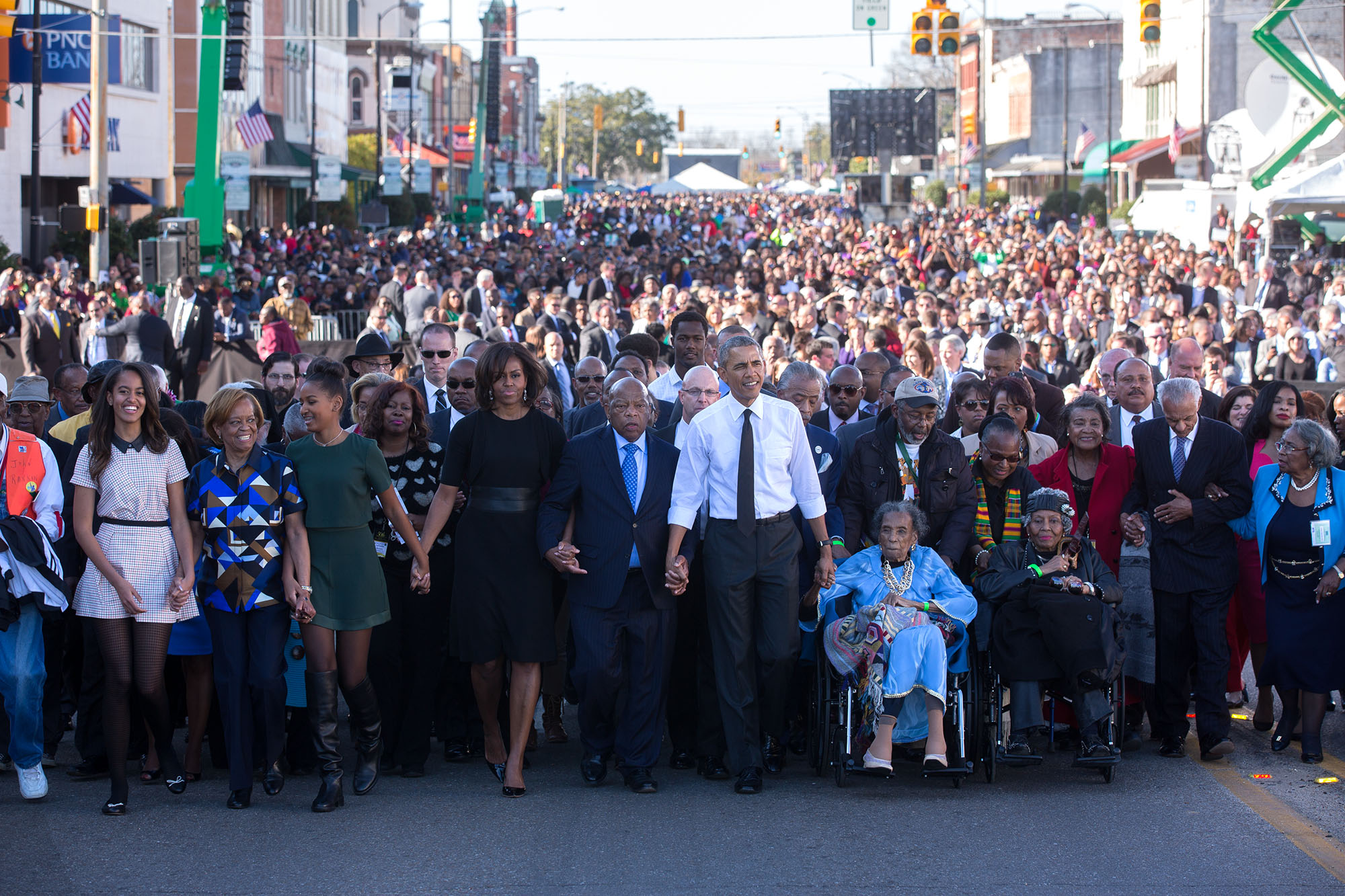Fifty years ago, today, Rev. Martin Luther King was assassinated in Memphis, TN. I remember that I heard the news that day when I was in choir rehearsal for the Benson Polytechnic High School Glee Club. I was a Sophomore. I sang tenor and that day my classmates and I were working on some new music that we were going to perform.
Our Director, Mr. Hanson, was quite an eclectic soul. He was rail thin, always wore a nice suit, thin tie, closely cropped Marine style haircut, and brown hush puppy shoes. He looked like he could be a member of the 1980’s group Devo, but his musical sensibilities were more in the range of Eric Dolphy. He would have been greatly admired by Frank Zappa.
When we heard the news that Dr. King was dead, it was a tremendous shock. We stopped the choir rehearsal. Mr. Hanson dismissed us. We looked at each other, with concern, and wondered what is going to happen now? None of us even ventured off of the Benson campus to wander across the bridge over the Banfield Freeway to get a treat at Lloyd Center.
The death of Martin Luther King Jr. was a major event. Growing up in Portland, Or in the 1960’s was a fairly progressive experience. There were some racist elements, here and there, but it would not be until years later when I learned about the KKK activity and history of Portland in the early twentieth century.
I remember that I spent that weekend staying with my sister and brother-in-law at their apartment in Northwest Portland behind the Montgomery Ward building I stayed up late and watched the riots in Albina (the African-American community in Portland ) on a black and white television. My brother-in-law came out to the living room and turned off the set and told me to go to bed. This was probably good advice because the events were a lot for a 15-year-old to absorb.
In 1968, there were riots not only in Portland but also in Watts in Los Angeles, in Detroit, Chicago and in Harlem in New York. There was so much hurt and anger in the aftermath of Dr King’s death.
Now we are commemorating the 50th anniversary of this hero of the Civil rights movement. Yes, conditions are different now in 2018 as opposed to 1968. However, there are still factors that need to be addressed. African-Americans still on average earn less money than Caucasians. There are also inequities experienced with regard to health care and longevity of life. There is also the pernicious condition of “red-lining “that is still practiced in some cities regarding real estate and the sale of property.
Further disparities having to do with education and the environment can be seen in the outstanding research that has been done on the four disadvantaged zip codes in San Antonio, TX.
( See Lily Casura articles in Huffington Post and Medium.Com )
Of course, we are witnessing disproportionate incarceration of African-American males versus Caucasians in the criminal justice system. Also, increasingly some states are opting to have commercial private corporations oversee and administrate “for profit “correctional facilities. These indicators among others make criminal justice reform a big challenge.
During the last years of his life, Dr. Martin Luther King Jr. expanded the social justice scope further by connecting the fight against racism to concerns about militarism and poverty. This proved to be very controversial for the 1960’s but it was a needed and necessary intervention.
Many have observed that “budgets are moral documents “, in other words what program we fund are the ones that we truly value. Inordinately, what appears to happen all too infrequently, is that programs devoted to helping poor people and the elderly tend to get slashed out of federal and state budgets.
How can this behavior possibly demonstrate practicing “the Golden Rule “or showing concern for one’s neighbor?
The birther movement, led by No. 45, did everything possible to de-legitimize the birth and citizenship of No. 44. Currently, we have seen the same kind of drive- by character assassination perpetrated by those who have attacked the Parkland students.
Instead of supporting a healthy discourse where opposing political and social positions can be expressed and considered, the tendency has been, by some, to demonize the “other. “
As we remember Dr. King and his legacy, we need to commit ourselves to the reality that we can do better as a country.
The civil right song “Oh Freedom “said it best
“Oh Freedom!
Oh Freedom!
Oh, Freedom over me,
And before I’ll be a slave,
I’ll be buried in my grave,
And go home to my Lord
And be free “
May it be so.


